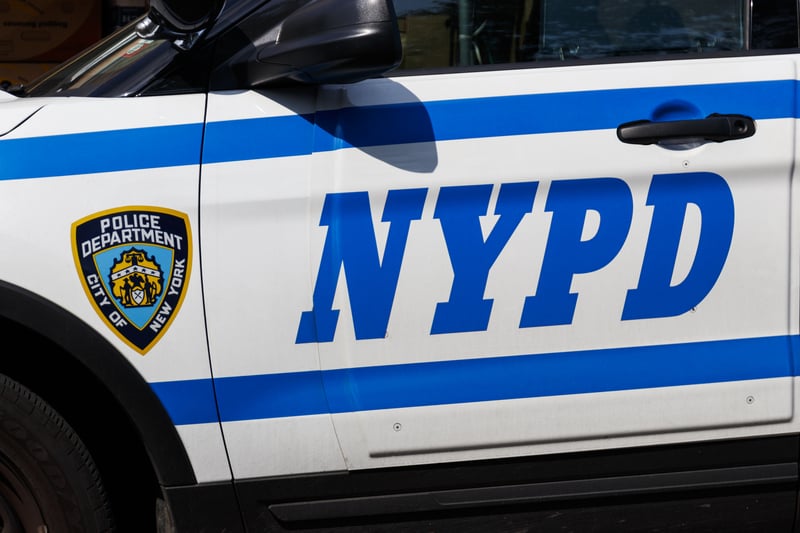NEW YORK, NY—Police Commissioner of New York City, addressing concerns about the NYPD’s disciplinary process, reaffirmed his commitment to maintaining a fair and transparent system. Commissioner Caban emphasized his role as a major stakeholder in fostering trust and ensuring that officers adhere to the highest ethical standards, dismissing any claims that his management undermines these values as unfounded.
Since 2012, the NYPD has adhered to a memorandum of understanding (MOU) with the Civilian Complaint Review Board (CCRB), allowing the department to retain certain cases under specified conditions. These include cases involving officers with no prior substantiated CCRB cases or departmental charges, and instances where a related criminal investigation is underway. The MOU, subject to public scrutiny through hearings and accessible online, ensures transparency in the decision-making process.
“Despite those facts, 91 percent of our officers have never had a misconduct allegation. And appropriate adjudication ensures that 83 percent of officers with an allegation never have a second.” he said in a statement.
The process involves a comprehensive review by the NYPD’s Department Advocate’s Office (DAO), which includes analyzing body-worn camera footage, surveillance videos, and witness statements. Recommendations are made through a chain of command to Commissioner Caban, who makes the final decision on whether to retain a case. Written objections from the CCRB are possible, and all such decisions are documented in the CCRB’s quarterly reports.
Commissioner Caban refuted the notion of secrecy or manipulation in the process, noting that most cases align with the CCRB’s recommendations unless a thorough review suggests otherwise. He cited examples where context was crucial in decision-making, leading to the retention of cases under the guidelines of a disciplinary matrix, which is also publicly available.
Highlighting the efficiency of the NYPD’s disciplinary actions, Commissioner Caban pointed out that in 2023, the CCRB took over 200 days longer on average to resolve cases compared to the DAO. He also raised concerns about the CCRB’s lower trial conviction rates and occasional failures to meet statutory deadlines, which he argued impacts the fairness of the process.
Ad: Save every day with Amazon Deals: Check out today's daily deals on Amazon.
Commissioner Caban concluded by underscoring the disciplinary measures taken against officers, including terminations and suspensions that translated into significant financial penalties. He reiterated his dedication to balancing law enforcement with accountability, ensuring the NYPD’s disciplinary process remains both just and effective.
